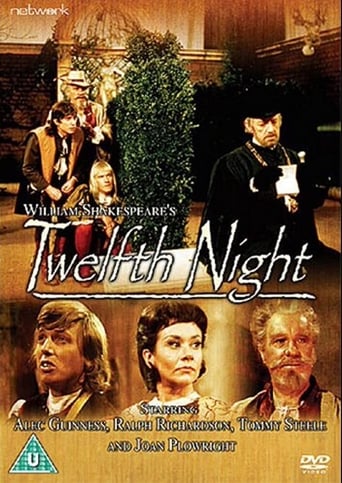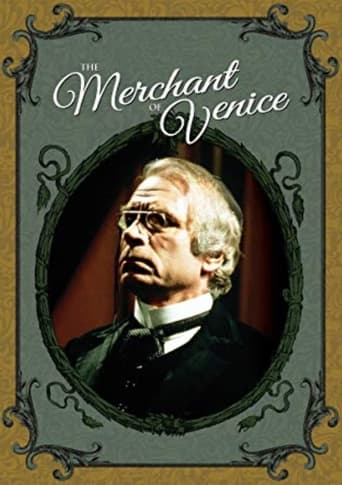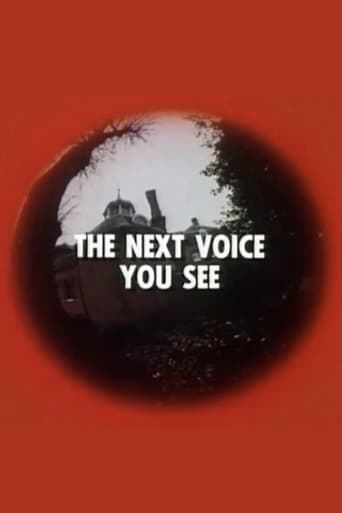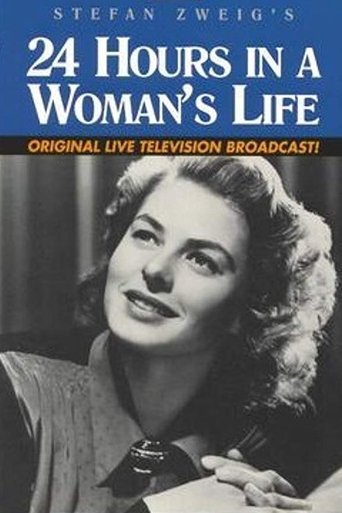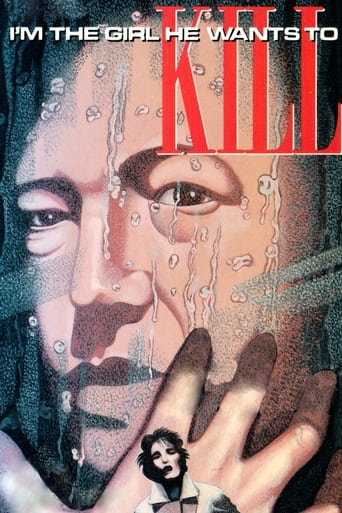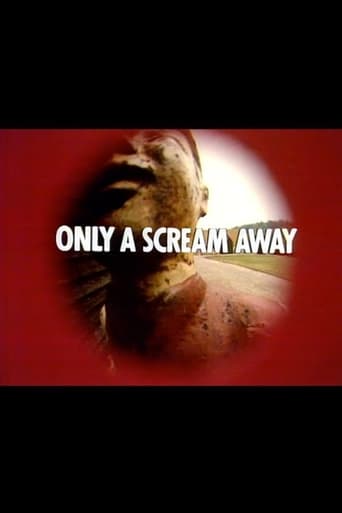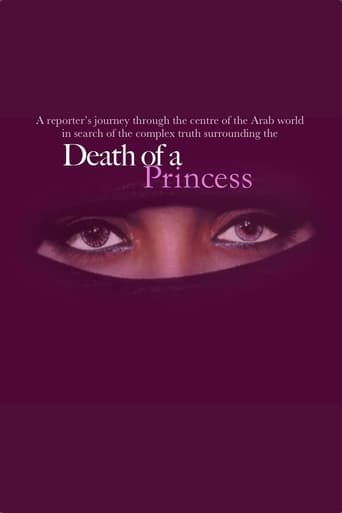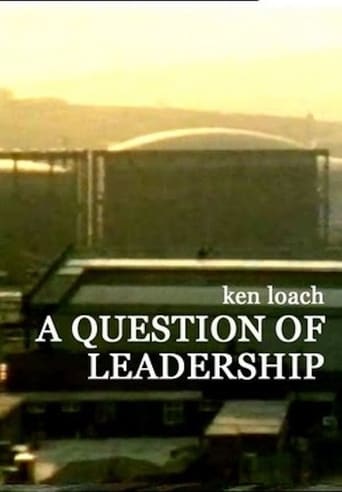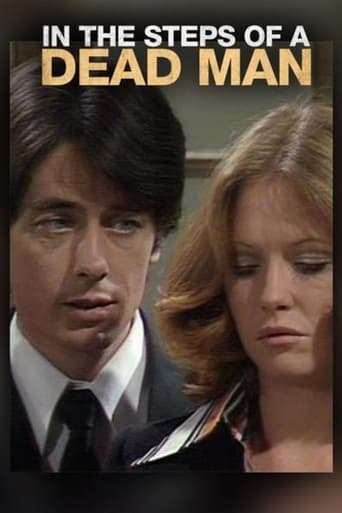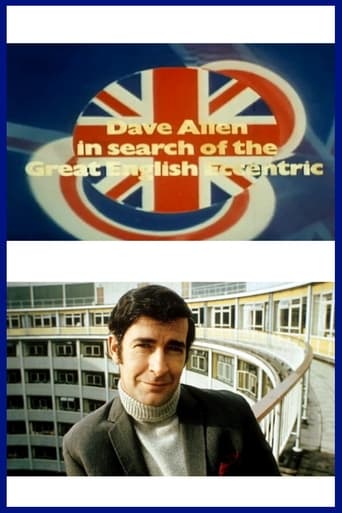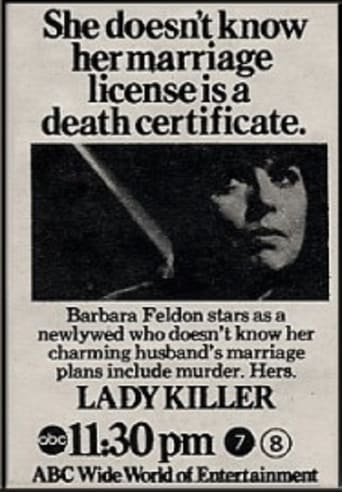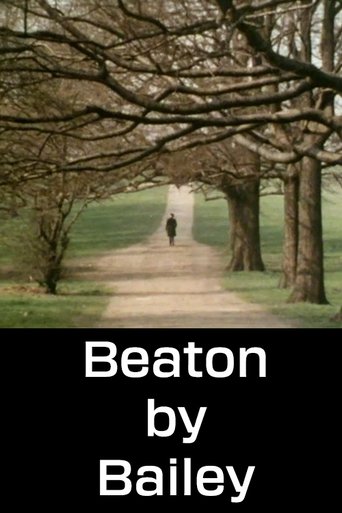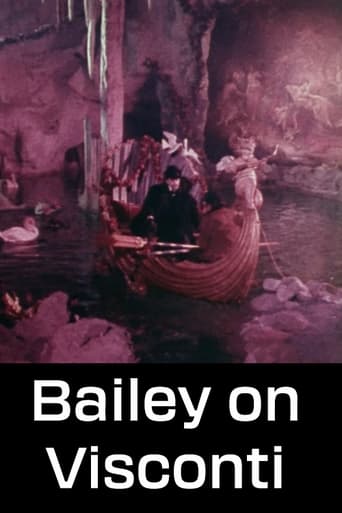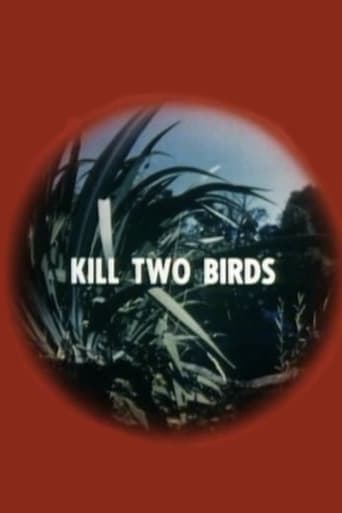The program, deftly taped on a studio sountstage simulating the cobbled streets, stately, facadest colorful produce and quaint shops of the Drury Lane Theater, area in London, is linked to the atmosphere and history of the famous old showcase. Miss Andrews and the two Americans cavort in some very funny slapstick, including a “Cinderella” take‐off of traditional English pantomime.
Even a tender, dramatic vignette, with Miss Andrews and Mr. Van Dyke in a fogshrouded meeting during World War II, Works appealingly. The songs flow almost continuously, enhanced by the muscular leaping of the Paddy Stone Dancers, clad as Covent Garden street workers. The ensemble finale is dandy, with a cavalcade of excerpts of songs from American hits at the Drury Lane, from “Rose Marie” to “Hello, Dolly!” Miss Andrews sings as beautifully as ever. Blake Edwards produced, Dennis Vance directed, and Marty Farrell, Frank Waldman and Dick Hills wrote the program.
